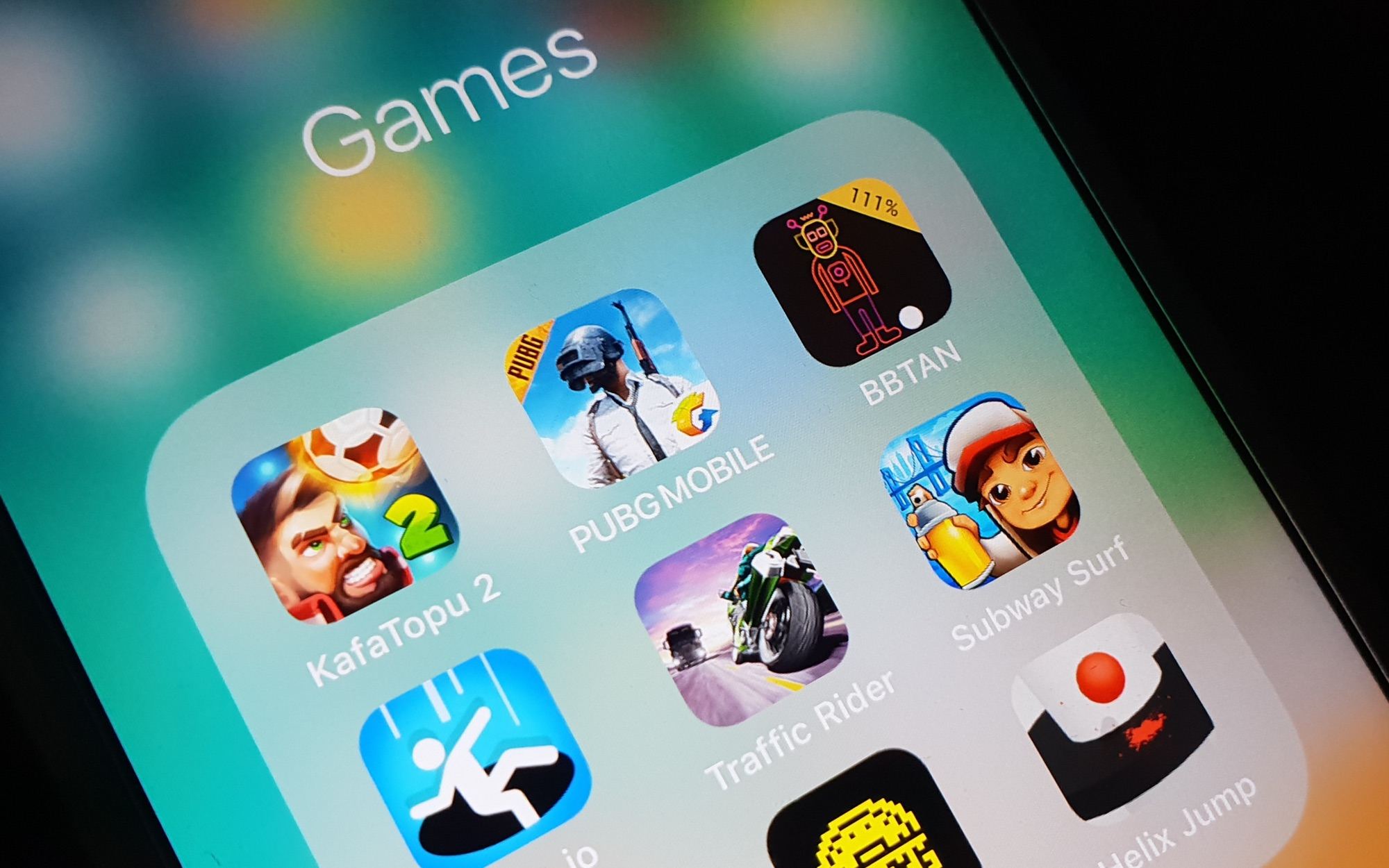The Rise of In-App Purchases in Online Games: A Comprehensive Overview
In the ever-evolving world of online gaming, a significant transformation has taken place in how games are monetized. One of the most prominent shifts is the rise of in-app purchases (IAPs), which have become a ubiquitous feature in many online games. These purchases allow players to spend real money on virtual goods or services within the game. While IAPs can offer benefits to both players and game developers, they also raise various questions about their impact on the gaming experience and the potential risks they pose.
Understanding In-App Purchases
In-app purchases encompass a wide range of virtual items and services that players can buy within a game. These may include:
- Cosmetic Items: These are purely aesthetic items that change the appearance of a character, weapon, or vehicle without affecting gameplay. Examples include skins, outfits, and accessories.
- Consumables: These are items that are used up or depleted over time, such as health potions, boosters, or in-game currency.
- Unlockables: These are items or features that can be unlocked with real money, such as new characters, levels, or game modes.
- Subscription Services: These offer ongoing benefits for a recurring fee, such as daily rewards, access to exclusive content, or ad-free gameplay.
- Loot Boxes: These are virtual containers that contain a random assortment of items, often with varying levels of rarity.
- Currency: In-game currency can be purchased to speed up progress and to acquire items more easily.
The Appeal of In-App Purchases
In-app purchases have become popular due to the convenience and flexibility they offer to both players and game developers.
For Players:
- Customization: IAPs allow players to personalize their gaming experience by acquiring unique cosmetic items or unlocking features that suit their playstyle.
- Progression: IAPs can accelerate progress in the game, allowing players to level up faster, acquire better gear, or unlock new content more quickly.
- Convenience: IAPs provide a convenient way to acquire items or resources that might otherwise take a long time to earn through gameplay.
- Support: Purchasing IAPs is a way for players to support developers and their favorite games.
For Game Developers:
- Revenue Generation: IAPs provide a sustainable revenue stream for game developers, especially for free-to-play games.
- Engagement: IAPs can encourage players to stay engaged with the game by offering them new goals to pursue and rewards to earn.
- Flexibility: IAPs allow developers to offer a variety of monetization options to cater to different types of players.
- Data Analysis: IAPs provide valuable data on player spending habits, which can be used to improve game design and monetization strategies.
The Dark Side of In-App Purchases
Despite the benefits, IAPs have also been criticized for their potential to exploit players and create unfair gameplay dynamics.
- Pay-to-Win: Some games allow players to purchase items or abilities that give them a significant advantage over other players, creating a "pay-to-win" environment.
- Predatory Practices: Some games employ manipulative tactics to encourage players to spend more money, such as creating a sense of scarcity or using psychological triggers.
- Addiction: IAPs can be addictive, especially for players who are prone to impulsive spending or gambling.
- Costly: The cost of IAPs can quickly add up, especially for players who are trying to keep up with the competition or collect rare items.
- Ethical Concerns: Loot boxes, in particular, have been criticized for their similarity to gambling, especially when they are marketed to children.
Balancing In-App Purchases
The key to successful IAP implementation is to strike a balance between generating revenue and providing a fair and enjoyable gaming experience. Here are some best practices for game developers:
- Transparency: Clearly communicate the cost and benefits of IAPs to players before they make a purchase.
- Fairness: Ensure that IAPs do not create an unfair advantage for paying players over non-paying players.
- Ethical Design: Avoid using manipulative tactics or exploiting psychological vulnerabilities to encourage spending.
- Content Balance: Make sure there is enough content and ways to progress without paying to provide a enjoyable experience.
- Value: Offer IAPs that provide genuine value to players, such as cosmetic items or time-saving features.
- Moderation: Implement systems to prevent players from spending excessive amounts of money on IAPs.
- Parental Controls: Provide parental controls to allow parents to restrict or monitor their children’s spending on IAPs.
Examples of Games with In-App Purchases
- Genshin Impact: A free-to-play open-world action RPG that uses a "gacha" system to allow players to obtain new characters and weapons.
- Call of Duty: Mobile: A free-to-play first-person shooter that offers a variety of IAPs, including cosmetic items, battle passes, and loot boxes.
- Clash of Clans: A free-to-play mobile strategy game that allows players to purchase gems to speed up construction and training.
- Candy Crush Saga: A free-to-play puzzle game that offers IAPs such as boosters, extra lives, and ad-free gameplay.
- Fortnite: A free-to-play battle royale game that generates revenue through the sale of cosmetic items and battle passes.
The Future of In-App Purchases
In-app purchases are likely to remain a dominant monetization model in online games for the foreseeable future. However, the industry is evolving, and new approaches are emerging. Some trends to watch include:
- Subscription Models: Subscription services that offer ongoing benefits for a recurring fee are becoming increasingly popular.
- Ethical IAPs: Game developers are becoming more aware of the ethical concerns surrounding IAPs and are exploring ways to make them more fair and transparent.
- Government Regulation: Governments around the world are starting to scrutinize IAPs, particularly loot boxes, and may introduce regulations to protect consumers.
- NFTs: The use of NFTs (non-fungible tokens) in games is a new trend that could potentially revolutionize how virtual items are owned and traded.
Conclusion
In-app purchases have transformed the landscape of online gaming, offering both opportunities and challenges. While IAPs can provide benefits to players and game developers, it is essential to approach them with caution and awareness. By understanding the potential risks and benefits of IAPs, players can make informed decisions about their spending habits, and game developers can create monetization models that are both profitable and ethical. As the industry continues to evolve, it is crucial to foster a healthy and sustainable gaming ecosystem that prioritizes the well-being of players and the long-term success of the industry.

